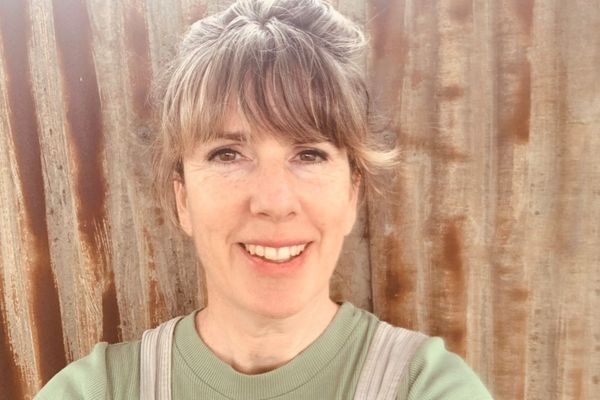About
Psychology Week: How Dr Groves helped Mallacoota residents cope with disaster
- Home
- About
- Latest news
- Psychology Week: How Dr Groves helped Mallacoota residents cope with disaster

30 November 2022
It's Psychology Week and we are celebrating the work psychologist do to help individuals and communities thrive.
This year the focus of Psychology Week is on the mental health and wellbeing of children and adolescents including the major social, psychological and developmental challenges and issues they can face.
Dr Claire Groves, Senior Psychologist for Child and Youth Mental Health Services enjoys the variety of her work, and finds the opportunity for ongoing learning rewarding.
A highlight of Claire’s career was when Austin Health sent her to Mallacoota after the bushfires in January 2020, to help support the affected community with their mental health.
"I am passionate about helping individuals and communities recover after trauma such as major natural disasters. As an emergency response delegate with the Australian Red Cross, I had previously been to Philippines, Nepal and Bangladesh, so I could use these skills to assist after the bushfires," she explains.
The Austin wanted to provide a clinical mental health response to help the local community in Mallacoota and Dr Groves spent a week there working on establishing the needs of the community and supporting those impacted.
"With my focus on child and youth mental health, I went to the Mallacoota school and met with the principal. I ended up going into some of the classrooms and talked to the kids and teachers as they were just restarting the new year at school," she explains.
One evening, during a meeting at the Community Centre, she was asked if she would meet with a 'Mum and Baby' group and help young families deal with changed children's behaviours.
"They were noticing a lot of regressed behaviours with their children. Kids that were seven or ten wanted to sleep with them again, or some started sucking their thumbs. I provided a lot of education and talked about how to support them," she explains.
Dr Groves noticed how in a lot of ways the community pulls very closely together to support each other after a trauma.
"The community bonds together after events like these. Healing is as much about the relationships than any resources. Obviously, resources are really important when you're in an emergency, but I think the mental health aspect looks more at relationships and how to restore hope, connection and safety after a disaster," she adds.
Dr Groves explains how life doesn't really go back to normal as it was before after major trauma.
"We work on helping people adjust to what it's going to look like moving forward because it will always be a little bit different. New things get set up, new systems occur and that takes adaptability," she says.
People she spoke with during her time in Mallacoota were really grateful to have someone to talk to and also just to understand that what they were feeling was normal.
"It was a normal reaction to an abnormal situation. A lot of people feel like, oh, my God, there's something wrong with me. I can't sleep. I feel anxious. My kid doesn't want to go to school and they start to think they'd have all these huge mental health problems. And actually, it's about normalizing that this is a response to trauma and trauma has all these different effects on your body and mind," she says.






